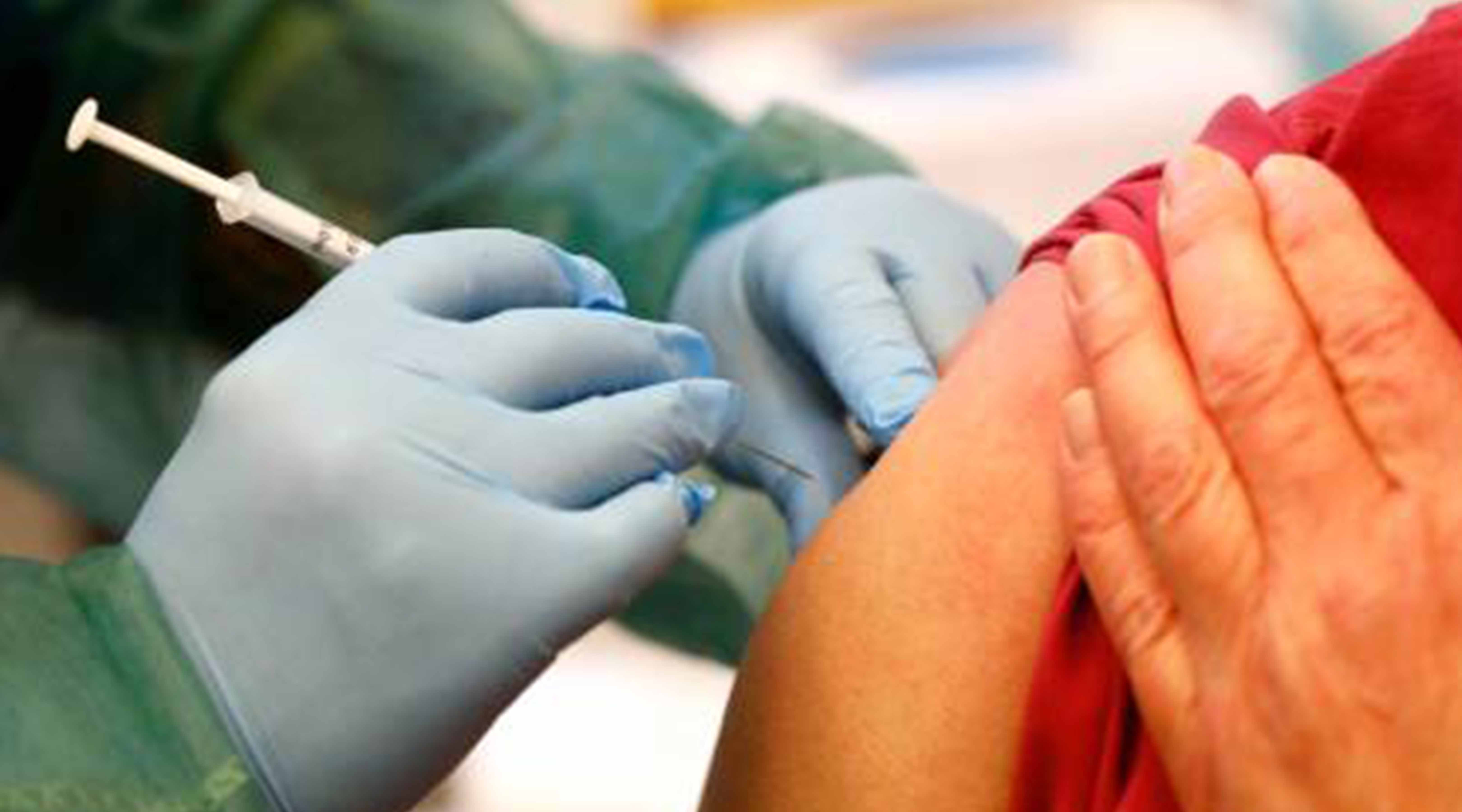Professor Rolf Marschalek at the University of Gothe in Germany has led the research on it rare side effect, which, among other things, has led to the AstraZeneca vaccine becoming taken out of the Norwegian vaccination program.
Both AstraZeneca and Janssen use virus vector technology in their vaccines.
When the virus (vector) enters the body’s cells, the body cells will use the information to produce the spike protein on the coronavirus, against which the body makes antibodies.
– CORONA VIRUS: The spike protein is often illustrated as being the red tags of the virus. Photo: National Institutes Of Health Handout
–
Marschalek explains to Financial Times that the viral vector vaccines send the spike protein into the cell nucleus, instead of into the cytosolic fluid of the cytoplasm.
The researchers believe that this leads to the protein being split and creating mutant versions that do not bind to the cell membrane where immunization normally takes place.
According to the research report instead, the proteins will in some cases lead to blood clots.
– The problems arise in the cell nucleus
The Financial Times writes that the mRNA vaccines, including Pfizer and Moderna, do not allow the spike protein to enter the cell nucleus.
“These viral genes can cause some problems when they end up in the nucleus,” Marschalek told the Financial Times.
The professor believes that this problem can be solved, if the vaccine developers manage to prevent the spike protein from splitting.
He also says that Johnson & Johnson, which produces the Janssen vaccine, has already contacted the researchers and asked for advice on how to modify the vaccine.
– They are trying to optimize the vaccine now. With the information we have, we can tell the companies how they can prevent the protein from separating.
Warns
However, several warn that Marschalek’s theory is only one of many, and that further evidence is needed to establish that the research group’s theory is correct.
However, Marschalek says he has presented the findings to the state-run Paul-Ehrlich Institute, as well as to the body that manages the German vaccination.
– They were surprised by our findings, because no one had thought that the protein could be split before, Marschalek says.
FHI: – Can be a good theory
Director of Infection Control at FHI, Geir Bukholm, says that the findings may be good news, but that they must be confirmed with more studies and more experimental data.
– How likely is it that the findings are correct?
– From a theoretical point of view, this can be a good theory.

– THEORY: Bukholm says that the findings in the report can theoretically be true, but that it will still not have major consequences for Norway’s vaccination program. Photo: Stian Lysberg Solum / NTB
–
However, Bukholm does not believe that it will be relevant to take the AstraZeneca vaccine back in the vaccination program, even if it becomes possible to modify the vaccine.
– It will probably take a long time to modify the vaccine, get it approved and put it back into production as these researchers suggest. At that time, the Norwegian population will hopefully be vaccinated, he says.
– For other reasons, the virus vector vaccines will not be the most suitable as 3rd and 4th dose vaccines, so it is unlikely that they will be included in the Norwegian program again, the director of infection control continues.
–


